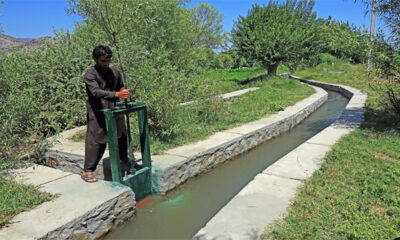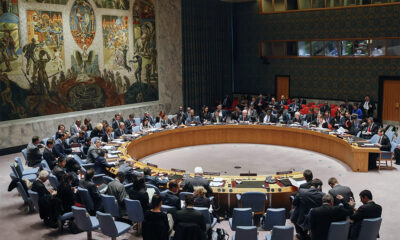Business
IEA stops coal trucks through Torkham to speed up fresh fruit exports
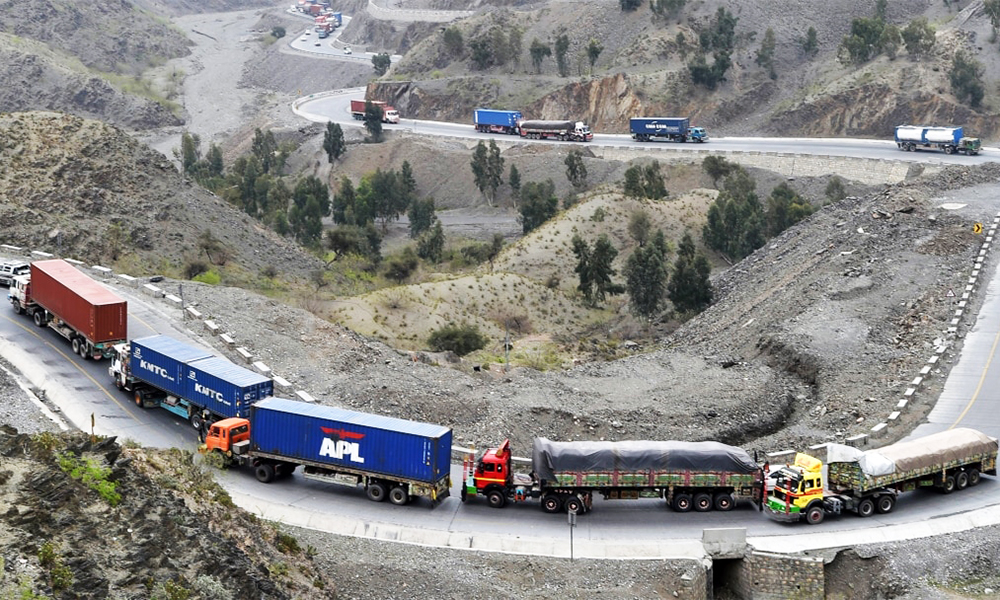
The Ministry of Finance of the Islamic Emirate of Afghanistan (IEA) on Monday banned the movement of coal trucks through Torkham customs so as to ease traffic through the border crossing for trucks carrying fresh fruit.
According to a directive of the Ministry of Finance, coal trucks will no longer be allowed to pass through Torkham customs and will have to use alternate routes.
The move was taken to avoid spoilage of fresh fruits and traffic congestion on highway, the ministry said.
“Due to the fresh fruit season in Afghanistan and large quantities of fresh fruit being exported through Torkham customs, drivers of coal trucks have to export though Paktia, Paktika and Khost customs to avoid spoilage of these fruits and traffic congestion,” read the ministry’s statement.
Afghanistan has long yielded a wide variety of fruit and exports a huge amount to Pakistan every year.
So far in Afghanistan, ten types of apples, ten types of pomegranates, about 24 types of apricots, 18 types of grapes, about 15 types of cherries and 19 types of peaches have been identified in the country.
This comes after the IEA government said it has increased coal exports to Pakistan.
The IEA government, which is not recognized by the international community and cannot obtain foreign funding, has also increased its tax on coal exports, Deutsche Welle reported.
“Coal exports have increased because we have paved the way for traders,” Ahmad Wali Haqmal, a spokesman for the IEA’s finance ministry, told Reuters.
He added that 16 billion afghanis worth of coal had been exported from Afghanistan in the past six months, with three billion afghanis (about $33 million) coming from customs.
According to Deutsche Welle, Pakistani officials have not yet commented. But government sources say coal imports from Afghanistan have increased and up to 500,000 tonnes of coal may be purchased monthly from the neighboring country.
Pakistan currently imports about three-quarters of its coal from South Africa.
Last week Mansoor Ahmad Khan, ambassador of Pakistan to Afghanistan, said in a tweet that he met with Haji Muhammad Rasool Totakhel the President of the Coal Union of Afghanistan to resolve logistic problems in transporting coal from Afghanistan to Pakistan.
“This is important for promoting trade and connectivity,” Mansoor Ahmad Khan tweeted.
Business
Export volume totals over $140 million in last month of 1402
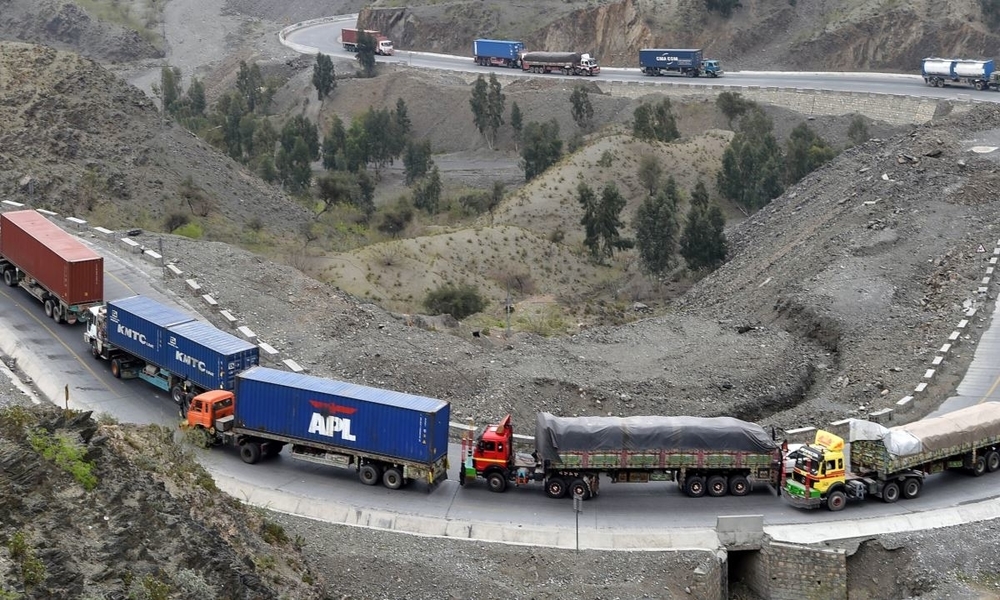
The National Statistics and Information Authority (NSIA) confirmed Tuesday that in the last month of solar year 1402, (March 2024) Afghanistan’s exports totaled $141.1 million and imports totaled $789.6 million.
This was down from $174 million for exports in the same period in 1401. However, imports increased by $99.2 million in 1402, up from $690.4 million.
Most exports in the last month of 1402 went to Pakistan, India and the United Arab Emirates, while in the last month of 1401 exports went to Pakistan, India and China.
Business
Afghanistan-Kazakhstan chamber of commerce opens in Herat

The Ministry of Interior said the governor of Herat province Islam Jar met with Alim Khan Yasin Gildaye, Ambassador of Kazakhstan to Afghanistan, to discuss various issues around trade.
According to the ministry, the two sides discussed the expansion of trade facilities, increasing the volume of trade exchanges between traders of the two countries, reducing customs tariffs, solving the challenges of traders and issuing visas to them.
The Afghanistan-Kazakhstan Chamber of Commerce has been opened in Herat in order to facilitate and increase trade between the two countries.
Business
Afghanistan reaches self-sufficiency in production of 133 items: MoIC
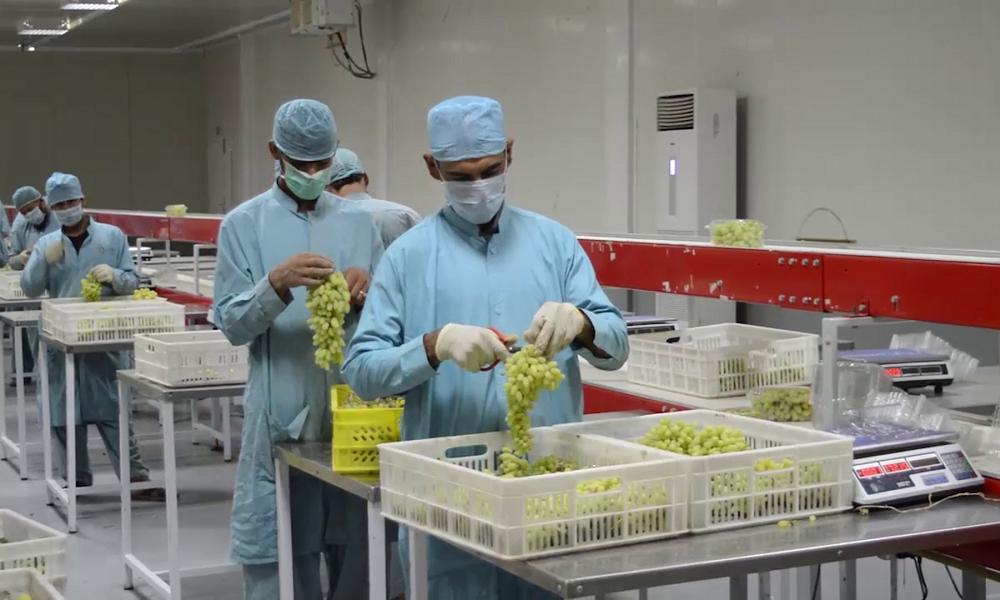
The Ministry of Industry and Commerce (MoIC) says Afghanistan has reached self-sufficiency in 45 sectors and the production of 133 items, and that the ministry is striving to change Afghanistan from an importing country to an exporting one.
The ministry officials said that for this purpose, supporting domestic products and attracting investment is essential.
The ministry’s spokesman Abdul Salam Jawad Akhundzada emphasized increasing the use of domestic goods and products in government and national projects and added that efforts have also begun to find a market for domestic products inside and outside the country.
“We have reached self-sufficiency in 133 items of production, which is 45 sectors, and also we reached the capacity of semi-self-sufficiency in 95 items of production, which is 27 sectors,” he said.
Meanwhile, the Chamber of Industries and Mines (ACIM) says over the past two and a half years, more attention has been paid to the development of domestic production and it is also expanding.
The chamber officials stressed expanding the culture of using domestic products in government projects.
“I think that the government is one of the biggest consumers in the market if it uses domestic products in all its development projects,” said Abdul Nasir Rashtia, a member of ACIM.
Economic experts also said that if the use of domestic products in government projects increases, Afghanistan will quickly move towards economic independence.
-

 Sport4 days ago
Sport4 days agoACL draw to be broadcast live on ATN channels
-

 Regional4 days ago
Regional4 days agoIRGC chief warns of harsher response if Israel attacks Iran
-

 Sport3 days ago
Sport3 days agoACL fever grows as fixtures finalized
-

 Regional5 days ago
Regional5 days agoIran launches retaliatory attack on Israel with hundreds of drones, missiles
-

 Latest News5 days ago
Latest News5 days agoContact group on Afghanistan hits roadblock over Pakistan’s gripe with India
-

 Sport4 days ago
Sport4 days agoHetmyer powers Rajasthan win in low-scoring IPL thriller
-
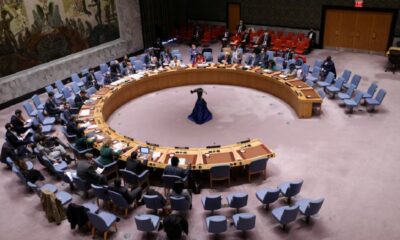
 World5 days ago
World5 days agoUN Security Council to meet Sunday on Iran attack
-

 World4 days ago
World4 days agoUS will not take part in any Israeli retaliatory action against Iran










